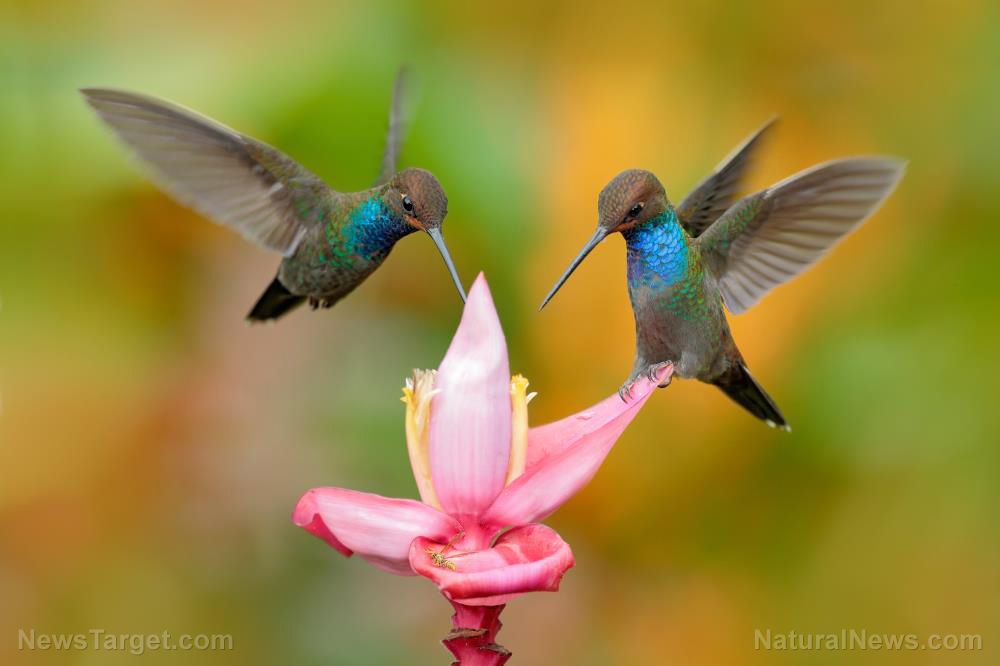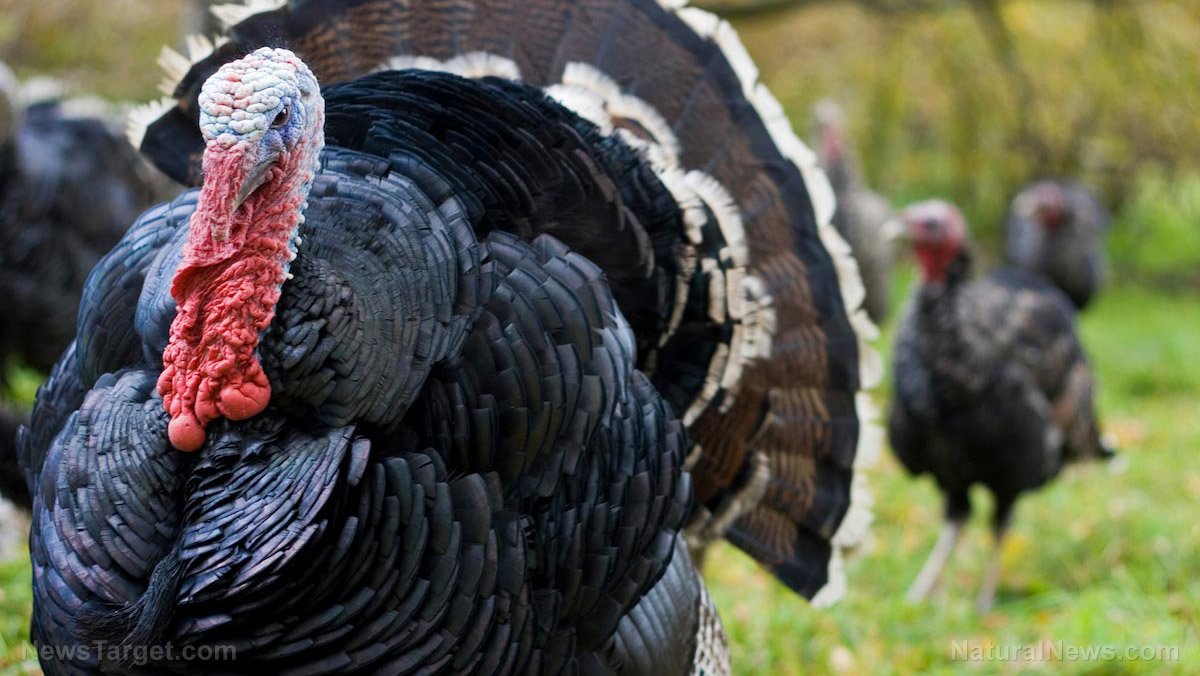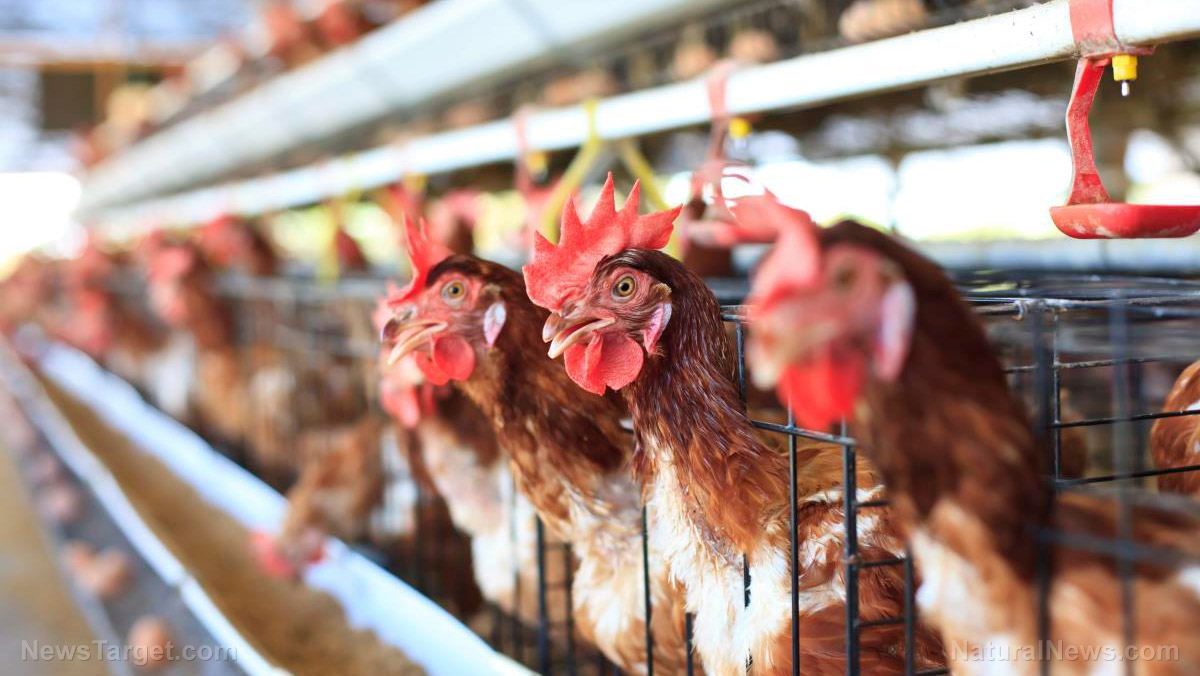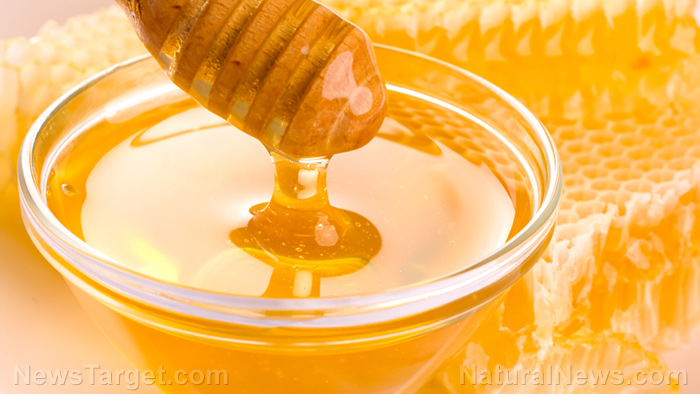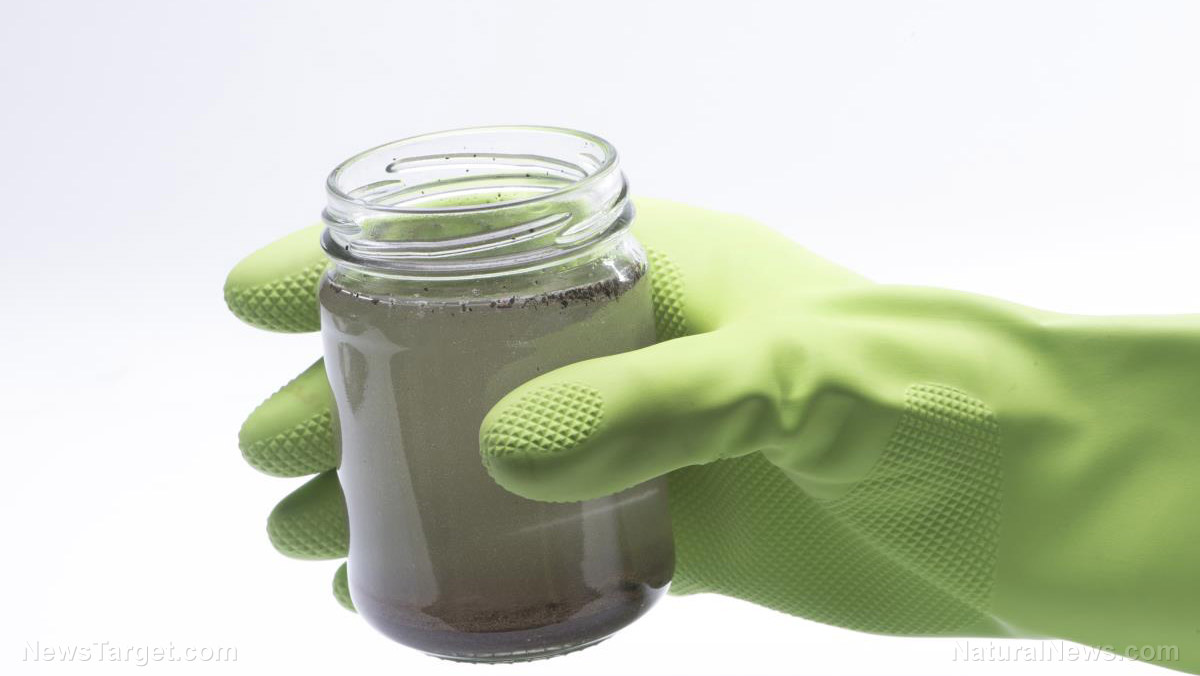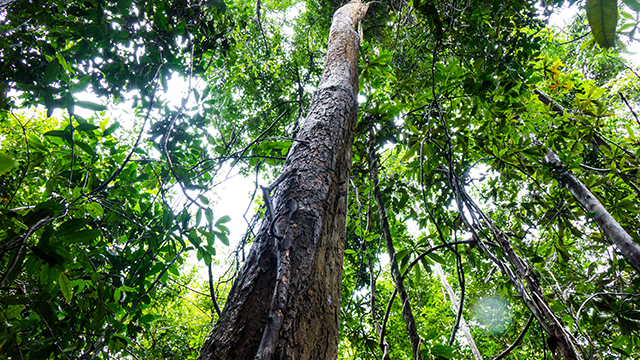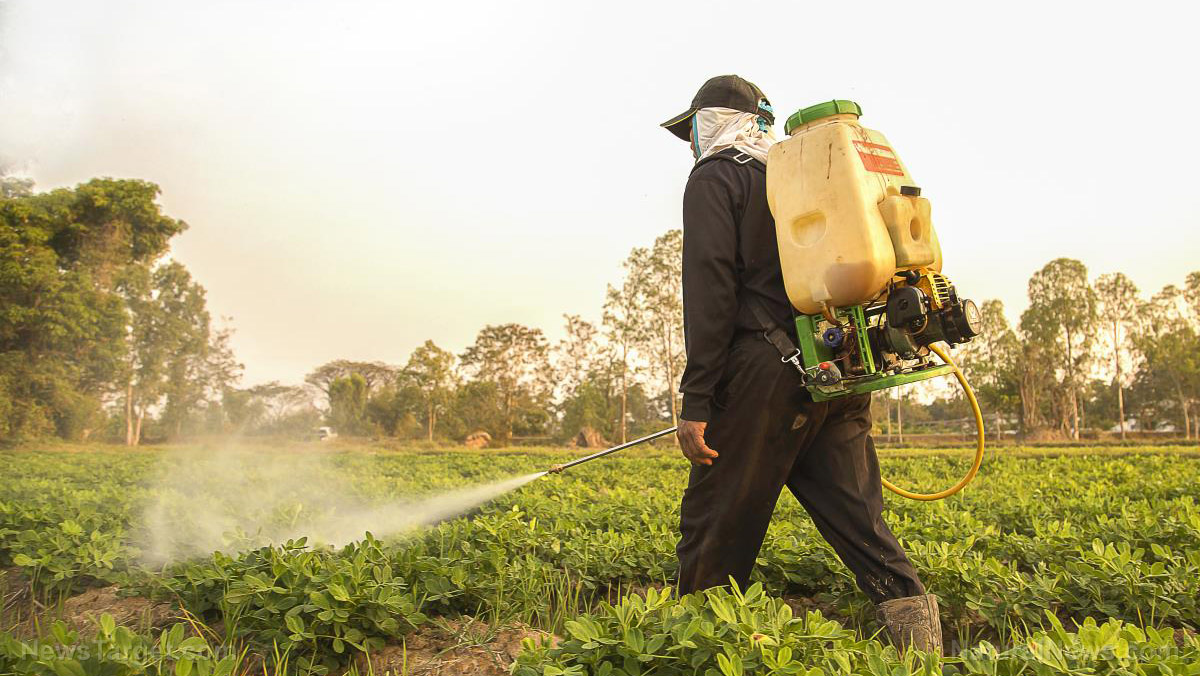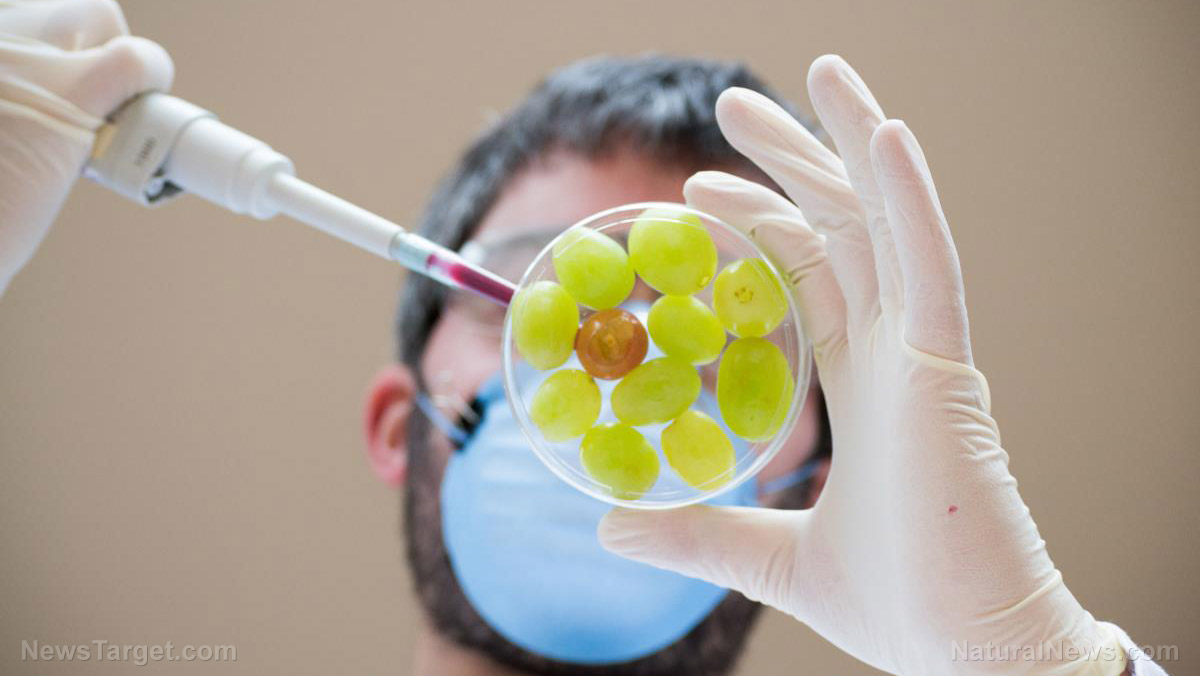New study confirms Bayer’s neonic pesticides are destroying honeybee pollinators… yet the EPA does nothing
09/14/2017 / By Michelle Simmons
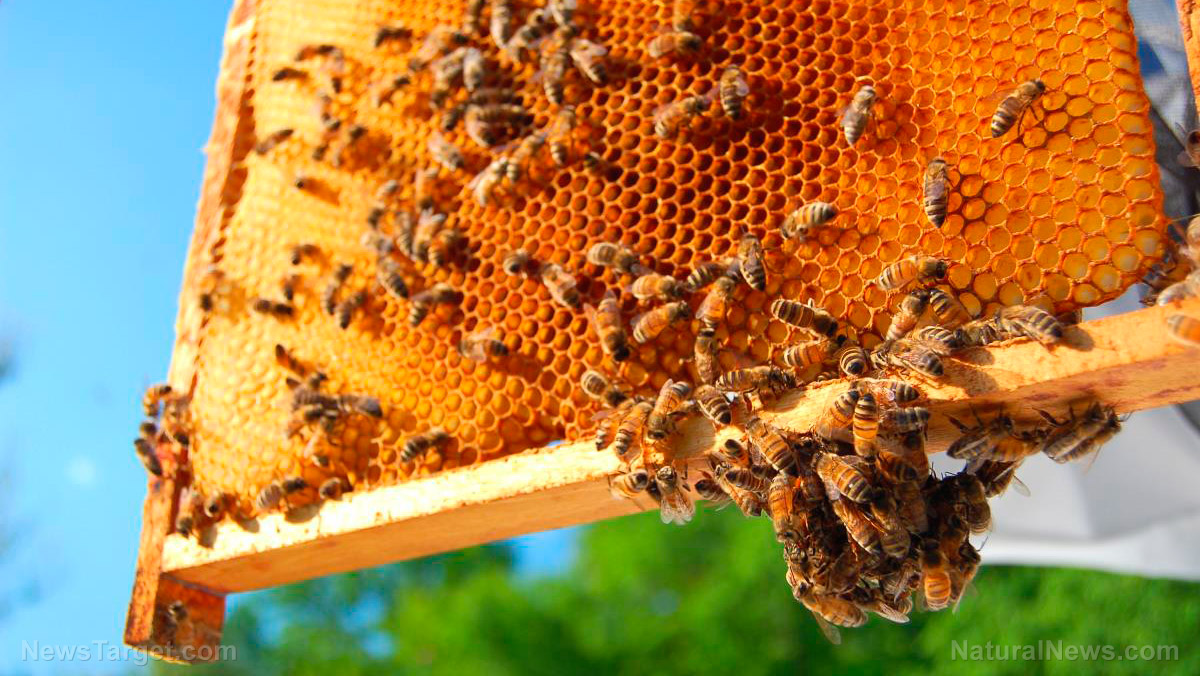
A new study affirmed that neonicotinoid pesticides — also known as “neonics” which are chemically related to nicotine — harm both honey bees and wild bees, as reported by BBC. Researchers found that the chemical exposure decreased the survival of honey bee hives during winter, while bumblebees and solitary bees produced fewer queens.
The study, the most extensive to date, measured 2,000 hectares across the United Kingdom, Germany, and Hungary and was set up to establish the impacts of the pesticides. It was conducted by Richard Pywell, a professor from the Center for Ecology and Hydrology in Oxfordshire and was published in Science.ScienceMag.org.
Pywell said that there was a need to undertake a large-scale, realistic experiment to represent the effects of neonicotinoids on pollinators in the real world.
Bees were exposed to untreated winter-sown oilseed rape and two different types of treated oilseed rape — Bayer’s clothiandian and Syngenta’s thiamethoxam.
Results showed that higher concentrations of neonicotinoid residues found in nests resulted in fewer honey bee queens in the U.K., Germany, and Hungary.
A type of neonicotinoid called imidacloprid, which was not used in the study, was also found in the wild bee nests. The researchers said the presence of this pesticide showed that the chemicals still linger in the environment despite the 2013 neonicotinoid ban in Europe.
For honey bees, scientists concluded that in the U.K. and Hungary, exposure to neonics meant that hives were at risk of dying out over the winter. Meanwhile, no harmful effects on overwintering honey bees were found in Germany.
Another study published in the same journal looked at the commercial corn-growing areas of Canada and found that worker bees exposed to neonicotinoids had lower life span and were more likely to permanently lose queens.
“We’ve shown for the first time negative effects of neonicotinoid-coated seed dressings on honey bees and we’ve also shown similar negative effects on wild bees,” Pywell told BBC News.
He also said that it is important because “many crops globally are insect pollinated and without pollinators, we would struggle to produce some foods.”
However, questions on whether lab-based research represented what was happening in the wider environment or if the results of field-based studies were merely picking up a simple association between the pesticides and bee impacts rather than direct causation remain unanswered.
Apparently, German multinational chemical and pharmaceutics company Bayer — a major producer of neonicotinoids and a part sponsor of the study — denounced the study’s findings. It said that the findings were inconclusive and it still believed that the pesticides do not harm the bees.
The company stated in their website that “no adverse effects to bee colonies were observed…” when they were exposed to neonicotinoids, and that in another research study, this time from the United States, it was found out that neonicotinoids were “unlikely to be a cause of honey bee colony losses.”
Basel, Switzerland-based agrochemical company Syngenta, another neonic manufacturer and part sponsor of the study, said that recent study’s findings were valuable but variable and highlighted the findings in Germany. BBC quoted the company saying “the impacts of neonicotinoids can be minimal” if bee hives and the health of pollinators improved.
“Whilst results from this large-scale study report varying impacts of neonicotinoid exposure…the overall picture points towards appreciable negative impacts on these important pollinators across the time course of this study,” Nigel Raine, a professor from the University of Geulph in Canada, told the BBC.
Senior scientist Jennifer Sass wrote a blog on New York-based nonprofit international environmental organization Natural Resources Defense Council‘s website, saying that people should tell the Environmental Protection Agency (EPA) and the White House that “the bees cannot afford to wait.”
Over the years, studies continually find that neonicotinoid pesticides are associated with the death of bees and their slow reproduction. (Related: Neonicotinoid pesticides harm honey bees while failing to improve crop yields.)
Learn more information about bees at Bees.news.
Sources include:
Tagged Under:

